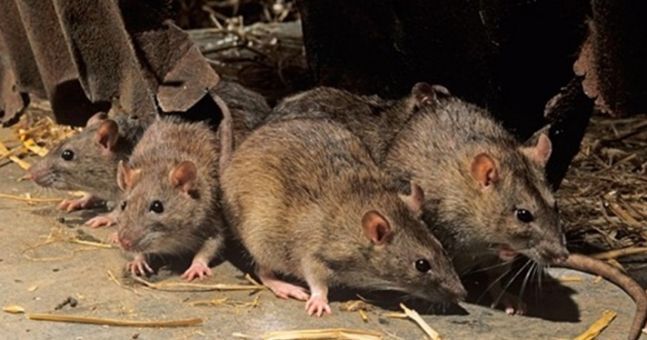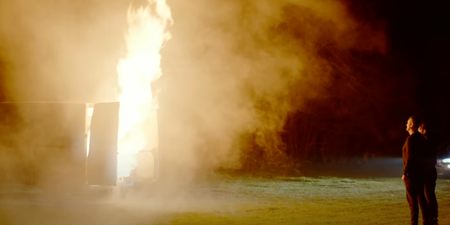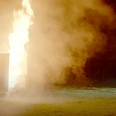A drop in temperatures and scarcity of food will leave Irish homes more vulnerable to rats in the coming months.
Householders and businesses in Ireland have been warned to be vigilant in proofing their homes and premises from rodents ahead of a predicted increase in the number of rodents invading properties over the winter months.
Rentokil, Ireland’s leading pest control provider, has warned that a combination of cold weather and a scarcity of food will likely lead to an increased number of rodents in Irish homes and have provided a number of simple tips that will help protect against that possibility.
To avoid attracting rodents into your home, Rentokil has advised that householders should observe the following tips:
- Keep foodstuffs in metal or glass containers with tight-fitting lids.
- Tidy inside the house and around the garden – less clutter means less places to hide.
- Put outdoor rubbish bags in metal bins with securely fitted lids to stop them feeding from contents.
- Clean up pet food and bird seed debris, and store pet food in robust containers with fitted lids – preferably above ground level.
- Keep gardens free from debris – If you have a compost heap don’t include organic food waste, as this will attract them.
Although tips such as the above can make a significant difference, it’s almost inevitable that some rodents may find their way inside a building and with that in mind, Rentokil says that it’s best to initiate pest control measures at the earliest stage possible.
Furthermore, Rentokil has created an interactive map, named The Rise of The Rats, to visualise a reproduction rate amongst rats that may come as a surprise to some people.
A female brown rat, for example, typically births six litters a year consisting of 12 rat pups, although 5-10 pups is more common. Rats reach sexual maturity after four to five weeks, meaning that a population can swell from two rats to around 1,250 in one year, with the potential to grow exponentially.
Known for their fierce survival instincts, brown rats prefer to build their burrows in urban sewers and the dwellings of humans, eating one-fifth of foodstuffs planted every year, but contaminating far more.
Dr Colm Moore, Area Technical Manager at Rentokil, said: “Rats often enter premises in search of shelter and food, and once they find these they have the potential to rapidly increase in numbers. While taking simple steps such as ensuring food waste is properly sealed and stored can make a difference, it’s almost inevitable that some rodents may find their way inside a building.
“Consequently, it’s best to initiate pest control measures at the earliest stage possible: externally, before rodents have a chance to put businesses at risk internally. Knowing you have a rat problem can be distressing, so it’s best to do everything you can to avoid the situation in the first place.”
For more information, check out the Rentokil website.
LISTEN: You Must Be Jokin’ with Aideen McQueen – Faith healers, Coolock craic and Gigging as Gaeilge



















































